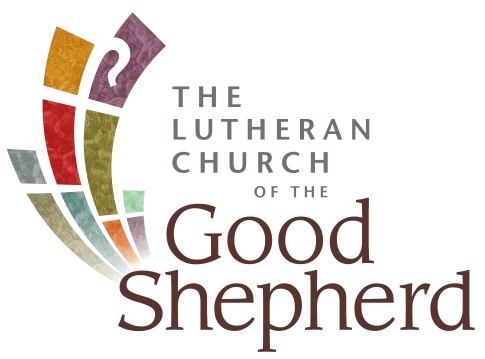Soul Matters - Food for Our Souls
Some food for our souls...
curated by Pastor Melissa Anderson Trust and Pastor Carol Tomer
…I returned to church as a 50-year-old, after 30 years of wandering around and looking into the windows of all kinds of other spiritual options, none of which had the same gravitas for me as being part of a Christian community. Of being a Christian—or trying to.
It’s a wonderfully ordinary path, being a churchgoing Christian. Sometimes it’s boring. Sometimes it’s thrilling. Sometimes I feel completely plugged in, surrounded by love and spirit. Sometimes it makes me cry because I am so moved. Other times it’s a little empty, and it feels like the most interesting thing going on is the mysterious ruffling of Deidre Washington’s hairdo. Especially after being kept away from it for so long by the COVID virus, I gratefully ease in and out of it all, this congregational life, seeking to be part of a long arc of love, devotion, faith, obedience, doubt, belonging, error, confession, reconciliation, and sometimes joy. As I sit in my pew, I am floated on the birdsong and squawks of babies gurgling and fussing, on the plainsong of chanted psalms, on the crescendo of the sung Eucharist, on the hum of greeting at the passing of the peace and the murmured prayers. Floated, that is, on the life of this congregation.
— from “This Congregational Life: Experiencing the Wonderful Ordinary,” by Sheryl Fullerton, in Christian Century, April 6, 2022
The wild goose is a Celtic symbol of the Holy Spirit. Geese in flock have seventy per cent greater range than a single goose on its own; geese in formation fly seventy five per cent faster than single geese. In other words, geese in flock have greater range and fly faster than single geese as they benefit from the lift of other wings. We fly in sacred community, interdependent with one another.
— from the Iona Community in Scotland
American young people have learned a well-intentioned but ultimately banal version of Christianity that’s been offered to them in American churches. Most youth seem to accept this bland view of faith as all there is—as something nice to have, like a bank account, something you have in case you need to draw from it in the future. What Christian adults have not told them is that this account of Christianity is bankrupt. We have not invested in their accounts: we “teach” young people baseball, but we “expose” them to faith. We provide coaching and opportunities for youth to develop and improve their pitches and their SAT scores, but we blithely assume that religious identity will happen by osmosis and emerge “when youth are ready” (a confidence we generally lack when it comes to, say, algebra).
— Kenda Creasy Dean, “Faith, Nice and Easy: The Almost-Christian Formation of Teens,” Christian Century, Aug. 10, 2010
We do not, by and large as a culture, have a God big enough to believe in. We have diminished God. We’ve made God a puppeteer, a magician, a vending machine, a warrior, a judge, all slivers of ourselves. But anybody with understanding looks up in the sky at night, saying to themselves, what is out there? Where did this all come from? Where is it going? Those are cosmic questions. And I believe that, for me, my God is a cosmic God.
— Joan Chittister, Benedictine sister, in Global Sisters Report, Dec. 13, 2021
(Sister Joan is a theologian who has written over 50 books and over 700 articles. She expands on these ideas in her latest book, The Monastic Heart, published in 2021.)
“Community cannot feed for long on itself; it can only flourish where always the boundaries are giving way to the coming of others from beyond them — known and undiscovered siblings.”
— Howard Thurman, The Search for Common Ground, 1971
Howard Thurman, 1899 -1981, was an American theologian and civil rights leader. He was dean of the chapel at Howard University and then at Boston University.
“If you are socially shy and generally inarticulate about spiritual matters — and I say this as someone who finds casual social interactions often quite difficult and my own feelings about faith intractably mute — you must not swerve from the engagements God offers you. These will occur in the most unlikely places, and with people for whom your first instinct may be aversion. Dietrich Bonhoeffer says that Christ is always stronger in our brother’s [sic] heart than in our own, which is to say, first , that we depend on others for our faith, and second, that the love of Christ is not something you can ever hoard.”
— My Bright Abyss: Meditation of a Modern Believer, by Christian Wiman, 2013, p. 21
Wiman is an American poet who now teaches at courses on religion and literature at Yale Divinity School.

